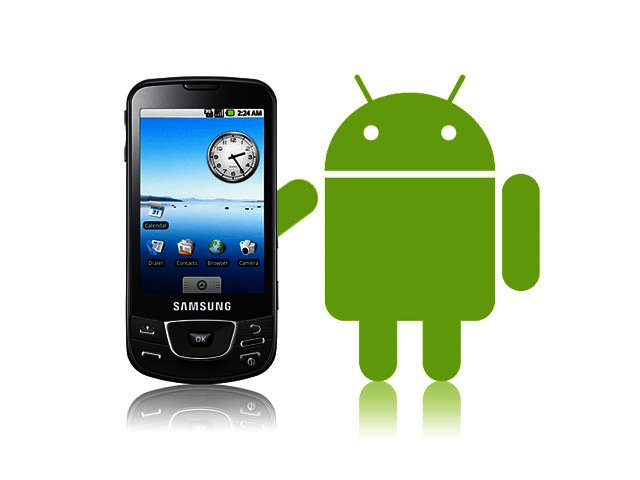HTC was the first out with an Android device and now it seems
other manufactures are catching up. What can we expect from
the Galaxy and when can we expect it?
The Galaxy Spica will be launched within the next week or two in SA
(1st week of December 2009). As our first Android launch product in SA, we are excited to establish Samsung as a key component in the Android environment. Samsung make competitive hardware, leading the device hardware environment in a number of areas while remaining price competitive. The Galaxy Spica will have a very high capacity battery and sport our new 800 MHz application processor while remaining one of the thinnest Android products available on the market. We believe that our targeted price point for launch will ensure it remains a competitive offering.
TechSmart awarded the Android platform the no. 1 position on our Top 10 Products of 2009. What excites you most about the platform?
I completely share your enthusiasm for Android. I believe the open nature of the OS, and its flexibility as a platform will see it becoming one of the most impactful, and important Operating Systems we have seen in the IT domain. Most exciting for me is the diversity of hardware we are seeing Android being deployed on. I believe this will spur the development community on, and will result in a wonderful diversity of applications - which is where the benefit lies for us as the end users.
Is Samsung personalising the Android platform at all?
The Galaxy Spica will launch with the standard Android interface, but our long term plans are to personalise the platform to align with the Samsung User Interface strategy. We could see updates in the future for existing product, and can certainly expect products launched in the future to offer Samsung personalisation.
How is Android changing the smartphone game?
I believe the biggest impact has been as a result of Google releasing the platform with an Open Source Licensing approach. A platform as flexible and powerful as Android being ‘given’ to the community means tremendous potential can be leveraged. We have already seen Android appearing on a multitude of smartphones, but also on set top boxes, portable media devices, netbooks, etc. This should ultimately push convergence forward, simplifying the portability of traditionally specialised applications making them viable for the smartphone.
How many other Samsung Android devices are waiting in the wings for launch?
We have a number of Android devices planned through next year, but I cannot commit to the actual number at this point. I think we should see at least three new Android models launched in SA during 2010.
The fact that the Android OS doesn’t require licensing fees must make a difference to your bottom line. Will this cause a change in focus away from other vendors?
It certainly will have an effect on strategy, but in the short term it does not make sense to completely abandon the currently supported platforms. There is a viable addressable market for the multiple OS’s that we currently support, and it makes sense to continue supporting them until the market is no longer sustainable. Samsung have a strong track record with a variety of mobile OS’s and I believe it gives us a level of flexibility as a device manufacturer that, in time, could prove to be a critical success factor in this dynamic environment.
What is the biggest disadvantage of the platform in your opinion?
I believe we are moving into a new era in mobile. Educating the average person about the benefits of these types of OS’s could prove to be the biggest short term challenge. On the desktop we have seen a historical tendency to market the OS as the benefit driver, but in reality it’s the applications that deliver actual user benefit. I think the toughest challenge we face is in customer education, helping all to understand the power and potential of the platform before we will see mass adoption.
|





